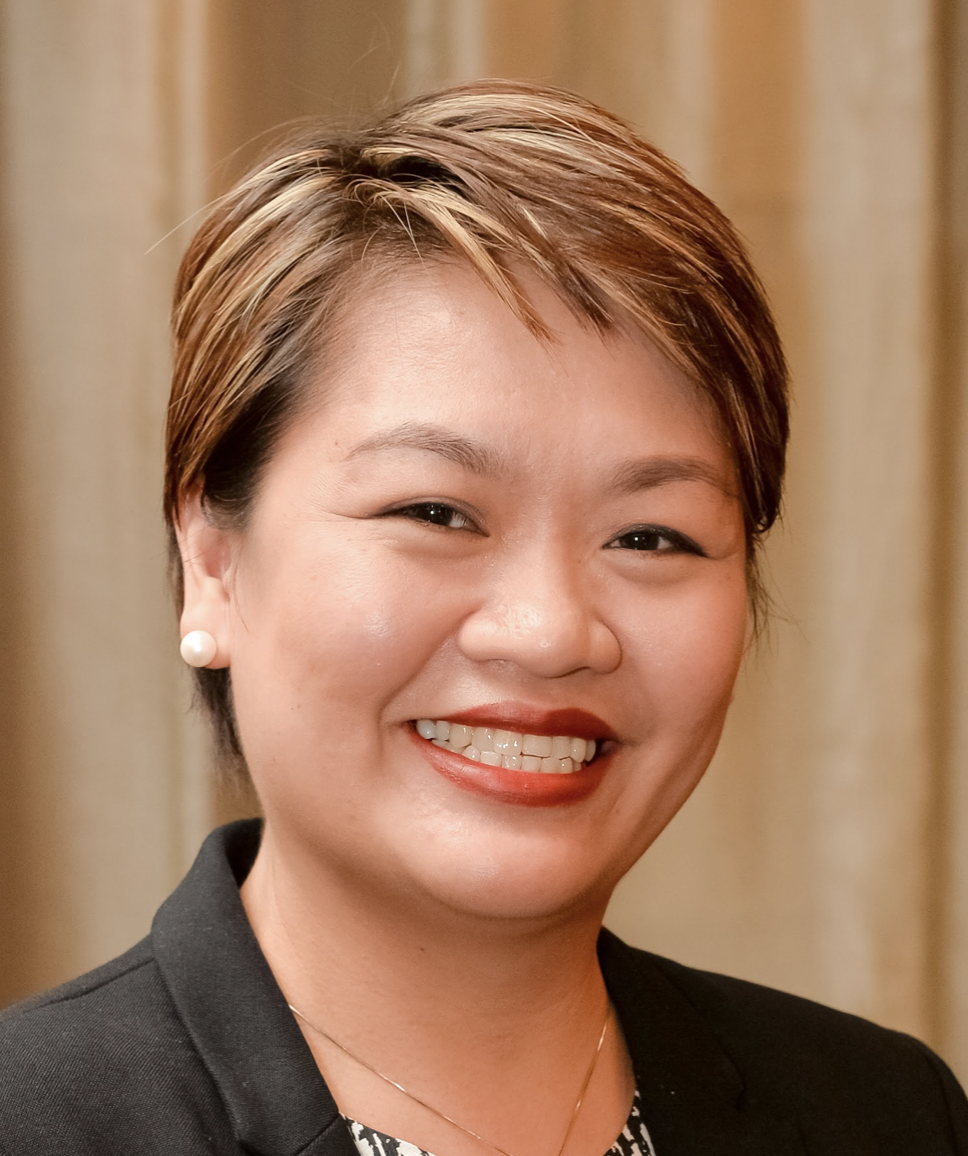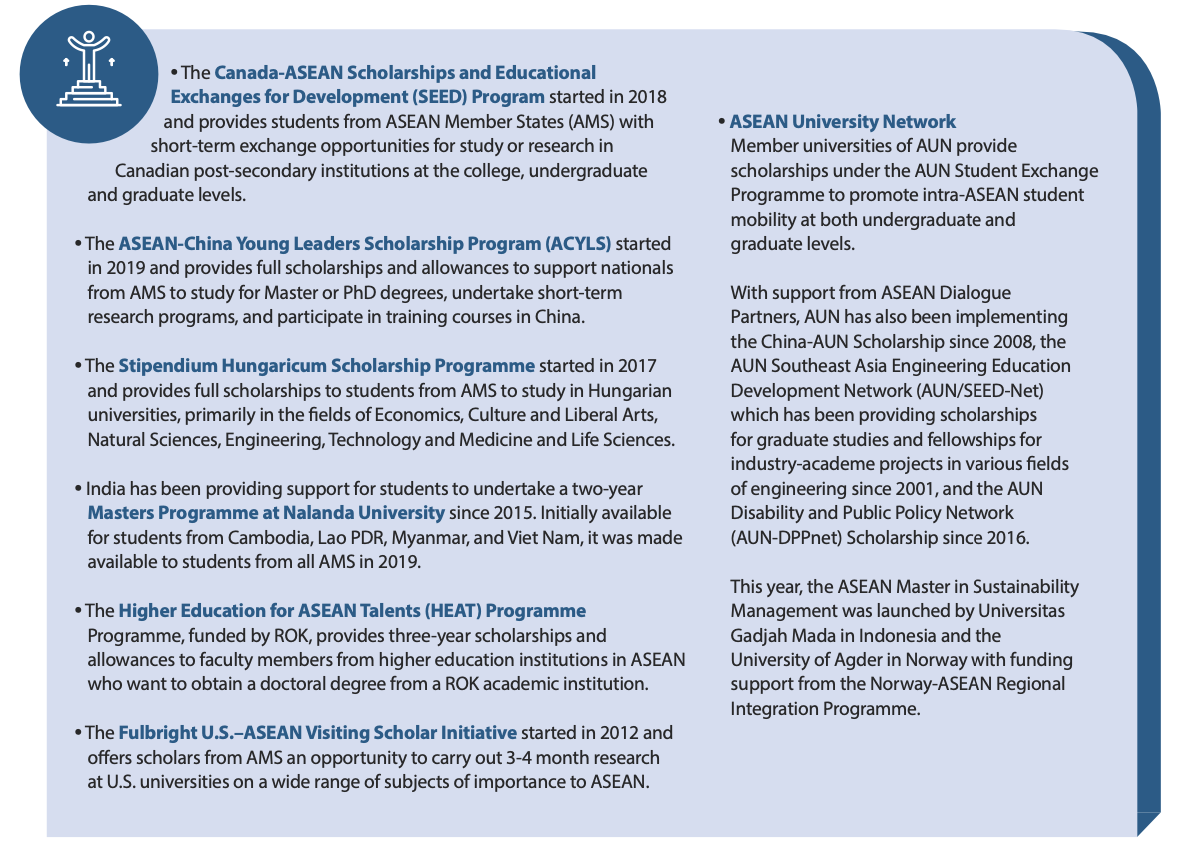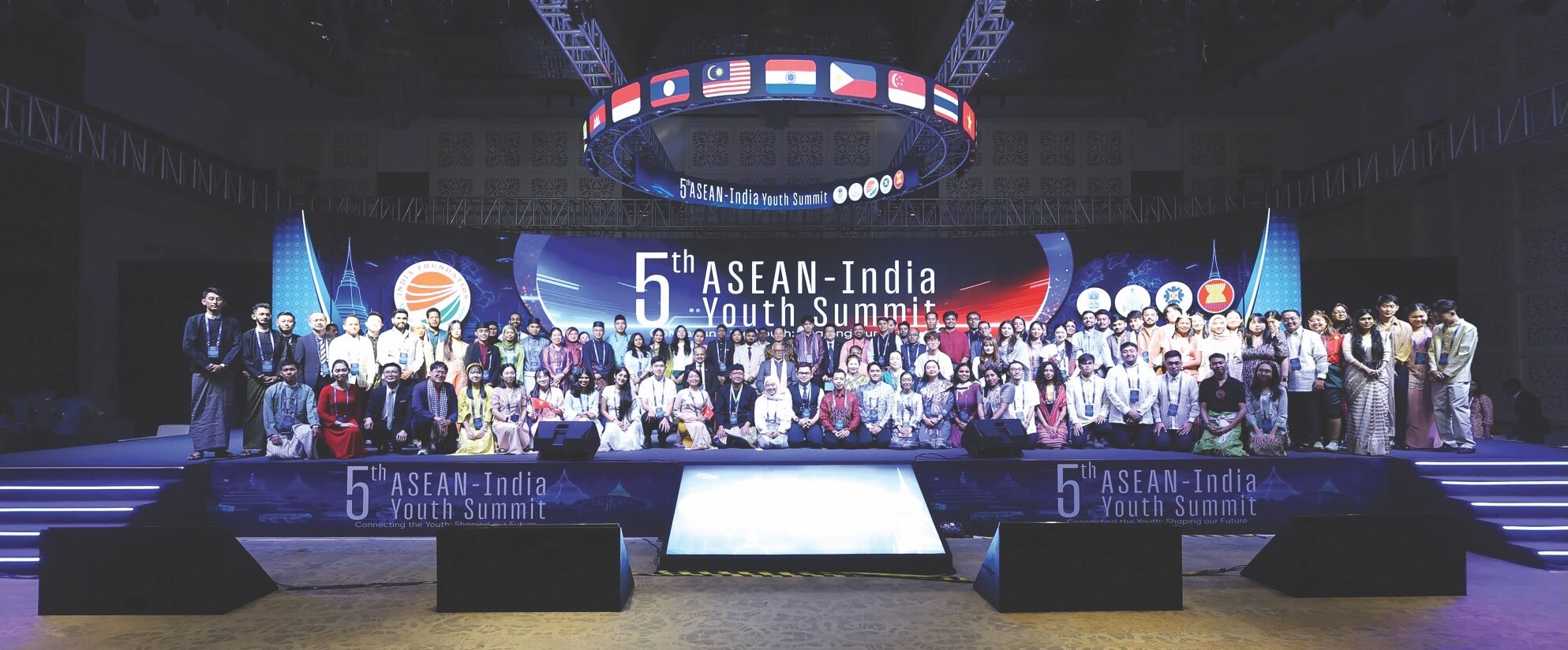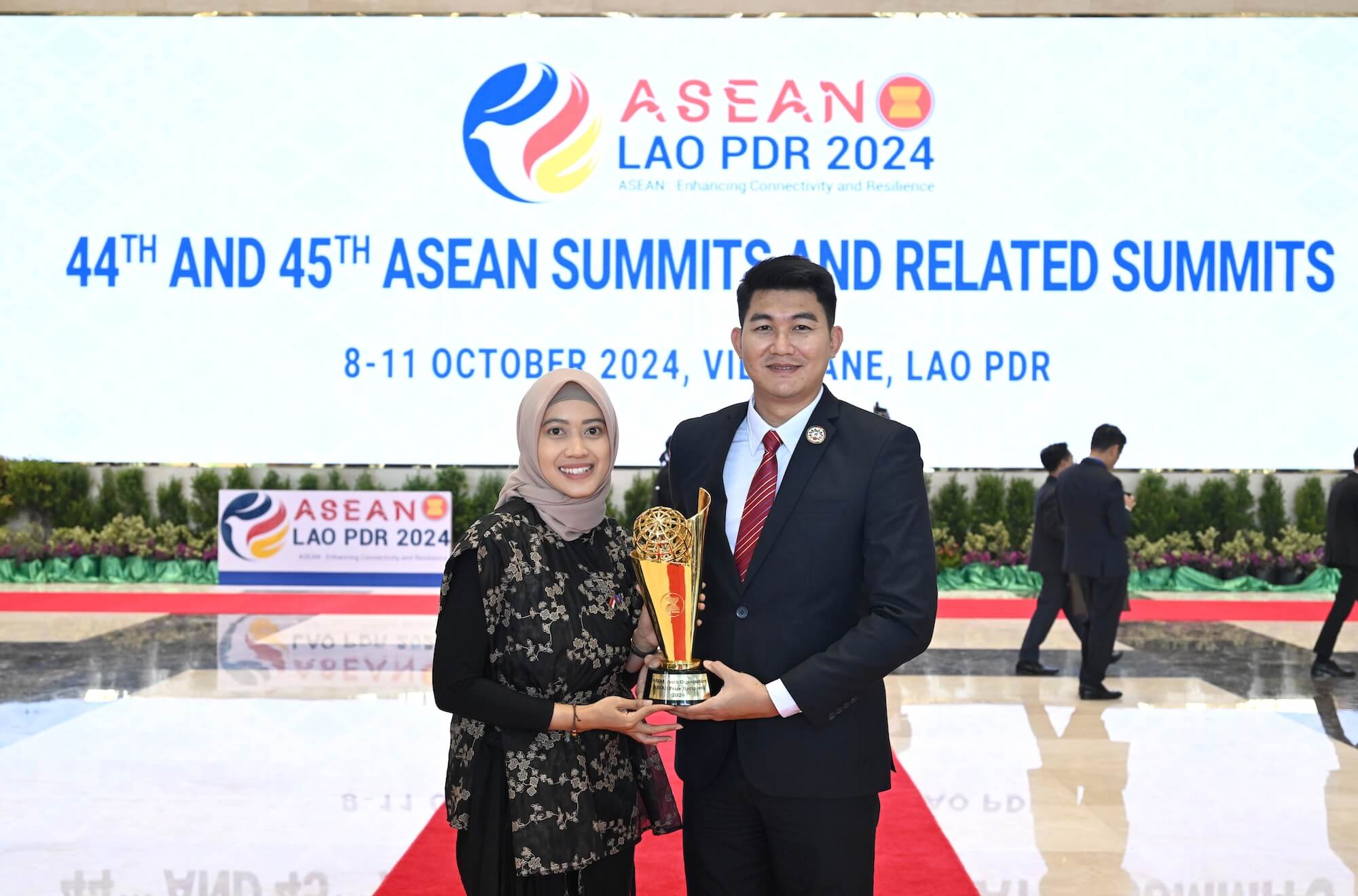




Higher education plays a vital role in developing a highly-skilled workforce.
It fosters research and innovation, and stimulates policy discourses on important issues such as poverty eradication and sustainable development. It hones individuals for civic participation and produces many, if not most of the countries’ leaders. Its value in the overall goal of human capital development is clearly indispensable.
Since its founding in 1967, ASEAN has placed strong emphasis on education cooperation, and reaffirmed it in the ASEAN Charter in 2008. In recognition of higher education’s catalytic role in accelerating ASEAN’s economic, political and socio-cultural development agenda, the Kuala Lumpur Declaration on Higher Education was adopted in 2015. This, along with the ASEAN Community Vision 2025 and its Blueprints, other relevant ASEAN declarations, and the Sustainable Development Goals guide regional cooperation on higher education. The long-standing aim for freer movement of skilled workers and professionals within the region, the Fourth Industrial Revolution (4IR) and its impacts on the future of work, and a host of other issues such as ageing societies and the COVID-19 pandemic among others, highlight even more the higher education sector’s important mission to develop a future-ready, adaptive, and resilient workforce.
The ASEAN education ministers provide overall leadership on higher education cooperation in the region. It is supported by the Senior Officials Meeting on Education (SOMED), in partnership with stakeholders such as the ASEAN University Network (AUN), Southeast Asian Ministers of Education Organisation, affiliated entities to ASEAN, international organisations, and dialogue partners. ASEAN’s higher education cooperation aims to uphold the quality of higher education and foster its role in socio-economic development.
A robust quality assurance mechanism at national and regional levels is important in upholding the quality of higher education, and encourages greater student mobility. It builds confidence among students and the higher education community that programme offerings and courses anywhere in the region meet quality standards. The ASEAN Work Plan on Education 2016-2020 therefore commits to strengthen the higher education sector through the implementation of robust quality assurance mechanisms.
One major initiative is the EU-SHARE Programme or the European Union Support to Higher Education in the ASEAN Region, a multi-year, 10-million-euro programme that started in 2015. It supports the harmonisation of higher education in the region by contributing relevant experiences and expertise from the European Bologna Process and the creation of the European Higher Education Area. It aims to strengthen regional cooperation as well as enhance the quality, competitiveness, and internationalisation of ASEAN higher education systems, institutions, and students.
The programme’s support to regional policy making on higher education has so far brought together 1,288 practitioners, specialists, policy makers, and representatives from regional and international organisations in ASEAN and beyond through policy dialogues. Students’ representation was also ensured to provide a platform for the students to share their experiences and ideas on how to further internationalise higher education in the region.
SHARE supports the implementation of the ASEAN Quality Assurance Framework (AQAF) and the ASEAN Qualifications Reference Framework (AQRF). SHARE published studies that investigated regional developments in qualifications framework (QF) and quality assurance (QA) and organised a series of national dissemination workshops aimed at raising awareness for the AQAF and AQRF. These workshops convened experts, policymakers, university leaders as well as representatives from the labour market. A regional Peer-Multiplier- Training was also conducted to create a pool of “champions” to sustain the work at national level. SHARE also included the review of selected external QA agencies and the institutional assessment of 10 universities across eight countries to pilot the AQAF and to stimulate benchmarking according to regional principles.
To boost student mobility, close to 500 undergraduate students from a network of 32 public and private universities across ASEAN were funded to study for one semester in another university within ASEAN. Meanwhile, over 100 ASEAN students were provided scholarships to spend a semester in Europe. Tools to support a common platform for online credit transfer were developed as an integral part of the programme.
SHARE is also supporting the work of the Ad Hoc Working Group on ASEAN Higher Education Mobility, which seeks to assess the compatibility of the SHARE credit transfer system vis-à-vis other systems currently operating within the region and eventually transfer it to an ASEAN institution. In order to further intra-regional student mobility, a “Study on Enhancing Intra-ASEAN University Student Mobility” was commissioned by SHARE to determine the availability of data with which to monitor regional student mobility, assess the provision of student visas within the region with a view towards making it more consistent and easier to navigate, and consider a more coherent approach towards scholarship provision.
China, Japan, and the Republic of Korea also cooperate with ASEAN on internationalisation and mobility of students. Through the ASEAN Plus Three Working Group (APTWG) on Student Mobility and Quality Assurance of Higher Education, ASEAN Plus Three (APT) countries, in collaboration with other regional education entities like SEAMEO and AUN, share information on projects and programs related to higher education quality assurance and mobility. It also promotes capacity building related to quality assurance and strengthens the network of policymakers and those involved in higher education. The APTWG developed the APT Guidelines on Student Exchange and Mobility in 2016 and its accompanying monitoring mechanism in 2017 to provide a basic framework for quality-assured student exchanges and mobility among the APT countries. As a follow-up to this effort, the APTWG developed the APT Guidelines on Transcripts and Supplemental Documents for Academic Records of Exchange Students in 2018 that outlined recommended information to be included in transcripts and/or supplemental documents for exchange students. With a view towards promoting transparency and mutual understanding, ensuring the safe mobility of students, and contributing towards the further harmonisation of higher education within the region, these guidelines were adopted by the APT Education Ministers in 2018.
Scholarship programmes have been a mainstay in ASEAN’s regional cooperation, in recognition of its potential to raise the expertise and competitiveness of human resources, thereby helping in the home countries’ socio-economic development. Currently, several scholarship offerings are available for ASEAN students supported by dialogue partners namely China, Republic of Korea , Canada, United States, India, Japan, and Hungary. These are designed to promote human resources development, enhance people to people exchanges, and support achievement of national, regional, and global development goals.
The cooperation on higher education in ASEAN can be considered robust and provides meaningful engagement of higher education stakeholders. Collaboration with non- education sectors is also strengthened, such as with labour, business and industry. However, there is room for improvement in terms of speed, scale, and effectiveness of these efforts. While quality assurance, credit transfer systems, scholarship support for mobility programmes are all important components of a regional higher education space, there are many other elements that must be put in place to support a sustainable ecosystem for student mobility. More efforts are needed to enable students to actually participate in mobility programmes, at a scale that’s significant enough for regional integration. The COVID-19 pandemic also serves as a wake-up call for the higher education sector to speed up its adaptation to the digital transformation. The ongoing development of the ASEAN Work Plan on Education 2021-2025, which is complemented by the Roadmap of the ASEAN Declaration on Human Resources Development for the Changing World of Work, the Comprehensive Strategy for the 4IR, as well as the ASEAN Recovery Framework and Implementation Plan provide an opportunity for the higher education sector to make meaningful contribution and stay relevant.









